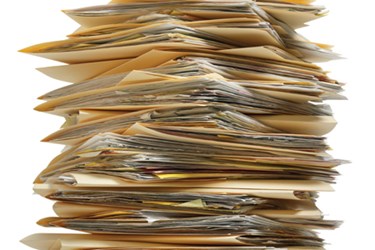Why Does Medical Billing Still Rely On Paper?

By Katie Wike, contributing writer

In an age when nearly everything is digital, why do hospitals continue to rely on antiquated paper processes when it comes to billing?
An infographic from the PwC Health Research Institute shows only 15 percent of commercial health plans pay providers electronically. Bloomberg Business reports that, while many industries have made the switch to electronic billing, the medical industry is still largely reliant on paper billing systems.
Cost alone makes one question why claims clearinghouses aren’t moving towards electronic billing more quickly. One clearinghouse spent more than $87 million on postage in the first quarter of the year, and these types of costs are driving up medical insurance, according to federal data.
“You pull your hair and you get frustrated. You don’t understand why it’s all paper and it’s all phone calls and you waste time and you get confused, and it’s all so broken,” said Tomer Shoval, chief executive and co-founder of Simplee, one of several companies trying to streamline medical billing.
iHealth Beat explains the switch to electronic billing is being held back by:
- a fragmented health care system
- financial investment in electronic billing technology
- lack of incentives among providers, payers and other stakeholders to coordinate
- mindset by some small or individual providers that the switch is not worthwhile
According to Bloomberg Business, paper medical billing sometimes benefits insurers. “Arcane rules create a situation where doctors decide it’s not worth their time to collect the money,” athenahealth Chief Medical Officer Todd Rothenhaus says. What healthcare providers spend on fees to settle bills electronically, they would make up for by saving money on both printing and mailing. “There’s just a straight business case to knock out paper, which there almost always is,” chief technology officer and co-founder for InstaMed, Chris Seib says.
